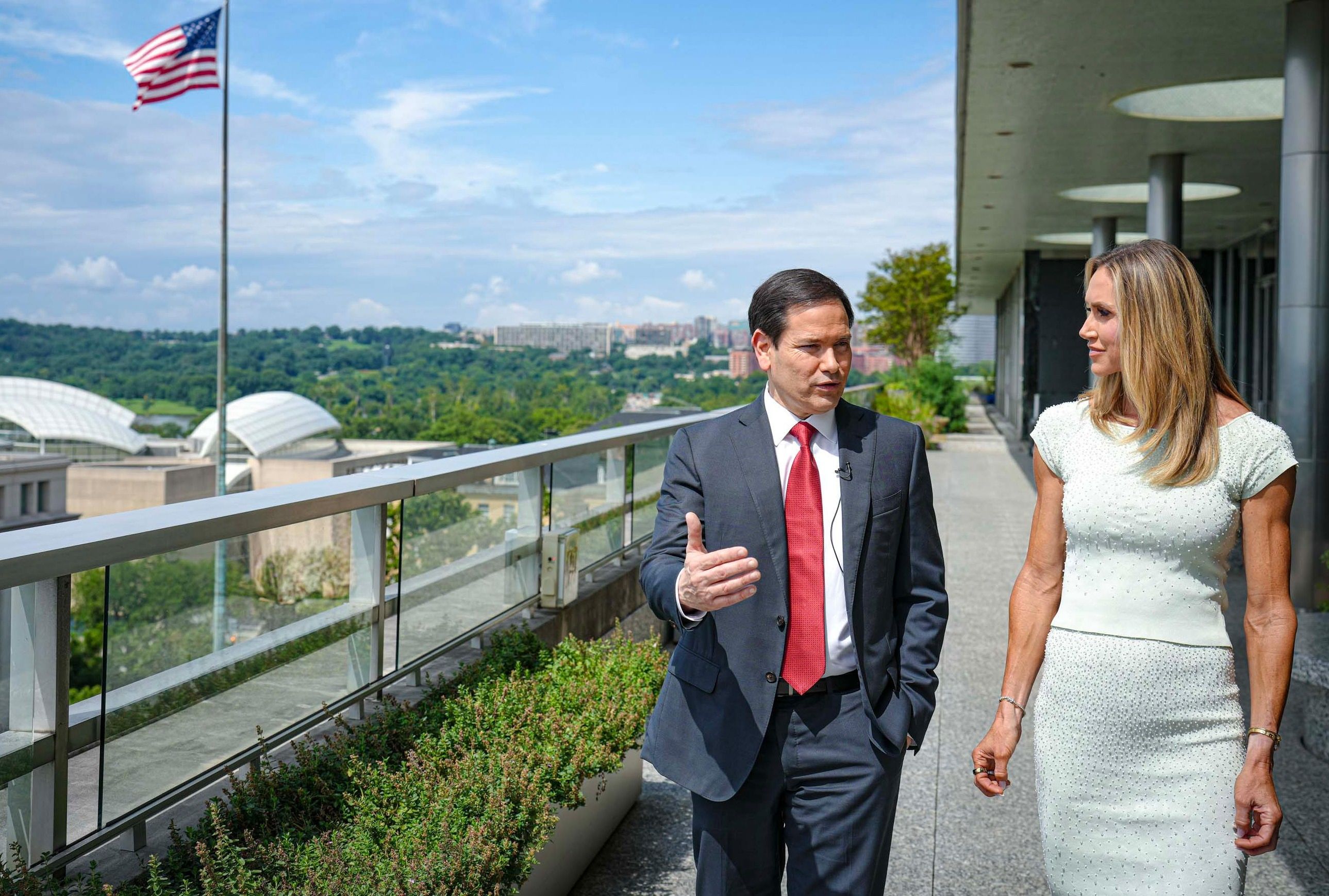After much delay, Marco Rubio’s State Department finally released the 2024 Country Reports on Human Rights Practices, known internally as the Human Rights Reports (HRRs).
These congressionally mandated reports are usually published in early spring about the events of the previous year. In addition to the significant lag in their release, the 2024 reports are drastically shorter and cover a much narrower range of human rights abuses than in previous years. They no longer include prison conditions and detention centers, civil liberties violations, or rampant corruption.
Moreover the State Department has dropped sections on abuses of women and no longer documents crimes such as rape, female genital mutilation, sexual exploitation of children, and infanticide, nor abuses against vulnerable populations like LGBTQ individuals and the disabled.
In particular, the administration has intentionally obscured horrific human rights abuses by countries like Israel and El Salvador — the 2023 report on Israel-Palestine was 103 pages, the 2024 report is a mere nine pages, and stresses crimes committed by Hamas while largely ignoring those committed by Israel.
For example, the 2023 report on El Salvador described the country’s “harsh and life-threatening prison conditions,” while no such section exists in the 2024 reports. Not surprisingly, that is where the Trump Administration has been deporting migrants for incarceration. Meanwhile, countries that previously had minor human rights infractions, such as the UK and Germany, came in for particular criticism under the current administration’s emphasis on alleged violations of freedom of expression, in particular restrictions placed on far-right groups.
By slashing the reports themselves, as well as eliminating the bureau responsible for producing them, the Trump administration has signaled to the world that it does not care about human rights. This is likely to be interpreted by countries around the world, whether U.S. partners like Israel and Egypt, or adversaries like China and Russia, as signaling that they can abuse their populations with impunity.
Members of the Democratic establishment have criticized Trump’s disregard for human rights, as embodied by these reports. Senator Jeanne Shaheen, ranking Democrat on the Foreign Affairs Committee, told the Washington Post, “These reports are required by law to ensure American taxpayer dollars do not support autocrats who violate the rights of their citizens.” This conveniently ignores the fact that under Biden and all previous U.S. presidents, the U.S. has sent tax dollars to support countless autocrats who violate their people’s human rights.
The original purpose of the reports was to determine a country’s eligibility for receiving U.S. security assistance , although this original intent has never been fulfilled. Although Trump blatantly disregards human rights, I fear that, in contrast, a narrative is already taking shape that the Biden administration put human rights at the center of its foreign policy, as Biden pledged to do upon taking office. It very clearly did not.
I worked on the Human Rights Reports under Biden, specifically in the office focused on human rights in the Middle East, the Bureau of Democracy, Human Rights, and Labor, that Trump subsequently dismantled. I have written previously about the frustration of trying to advocate for human rights within the U.S. government, where such considerations have rarely driven policy outcomes and instead were primarily used as a cudgel to punish countries the U.S. already considered adversaries, from Russia and China to Iran and Cuba.
While these governments certainly engage in gross violations of their citizens’ human rights, the U.S. uses these crimes to justify sanctions and a range of other punishments, while similar abuses committed by U.S. partners do not motivate similar punitive measures.
My office’s already challenging mission to promote human rights became essentially impossible after October 7, 2023, as the U.S. aided and abetted Israel’s collective punishment against the Palestinian people, including blockading aid, bombing of hospitals and shelters, and killing of tens of thousands of civilians. Any time that our office tried to scold Arab governments for imprisoning dissidents or intimidating journalists, they asked how we could criticize them, given what we were enabling Israel to do in Gaza. The Biden administration’s hypocrisy on human rights was rank — in particular, its strenuous emphasis on the human rights of Ukrainians but complete disregard for those of Palestinians.
In the end, I do not know which approach is more destructive to the cause of protecting human rights: the Biden administration’s selective and therefore hypocritical prioritization of some people’s rights and not others, or the Trump administration’s near total disregard for human rights.
For many people around the world who have long chafed at America’s self- righteousness in the human rights sphere, Trump’s bald indifference will feel, at the very least, more honestly reflective of America’s real policies.
- Arms sales to repressive regimes are more than just a human rights issue ›
- Whistleblower Josh Paul: ‘Political pressure’ helps Israel skirt US arms rules ›
















